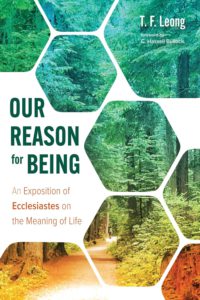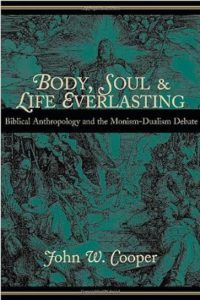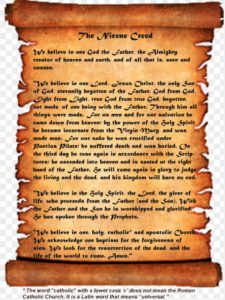 Everything Is Not Meaningless (Ecclesiastes 1/5)
Everything Is Not Meaningless (Ecclesiastes 1/5)
Kairos Podcast 7: Ecclesiastes and the Human Quest for Meaning (1/5)
1) Ecclesiastes is about the human quest for meaning. This quest became pronounced in the 20th century and even more so in the 21st century. Hence Ecclesiastes is needed today more than ever. However, the message is presented in a way so unique that it is often misunderstood. Most biblical scholars see pessimism and contradictions in the book. This has undermined the authority of Ecclesiastes as Scripture inspired by God.
This is the first in a series of five videos which seeks to reclaim the authoritative message of Ecclesiastes. This video introduces the series as well as seeks to remove the immediate obstacles to accepting Ecclesiastes as authoritative Scripture—apparent pessimism and apparent contradictions. It shows that the theme of Ecclesiastes is realistic, not pessimistic, and that the supposed contradictions are indeed apparent, not real.
You may read and comment on the video at
Everything Is Not Meaningless (Ecclesiastes 1/5)
 Death, Resurrection and Life Everlasting – DRLE Pt.1
Death, Resurrection and Life Everlasting – DRLE Pt.1